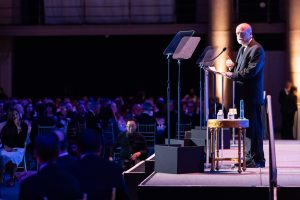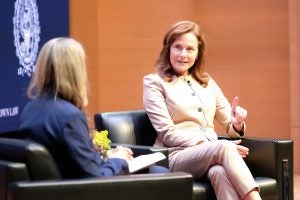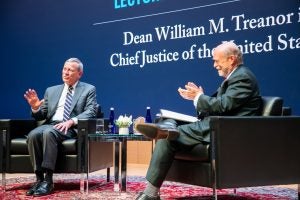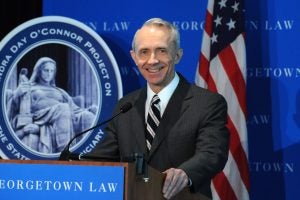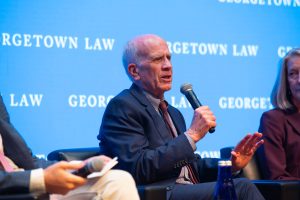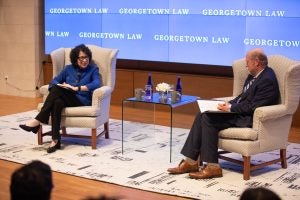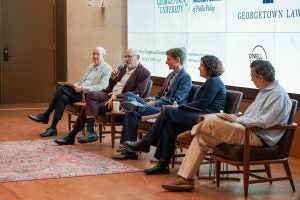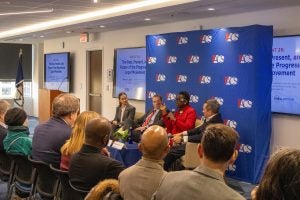
Georgetown Law Celebrates 25th Anniversary of the American Constitution Society
January 26, 2026 Campus News Constitutional Law & TheoryLeading legal scholars, practitioners and students gathered on Jan. 12 to celebrate the 25th anniversary of the American Constitution Society (ACS), the nation’s foremost progressive legal organization – which began as a student group at Georgetown Law.
